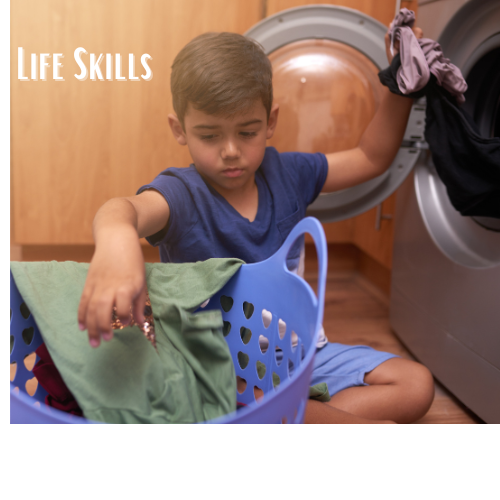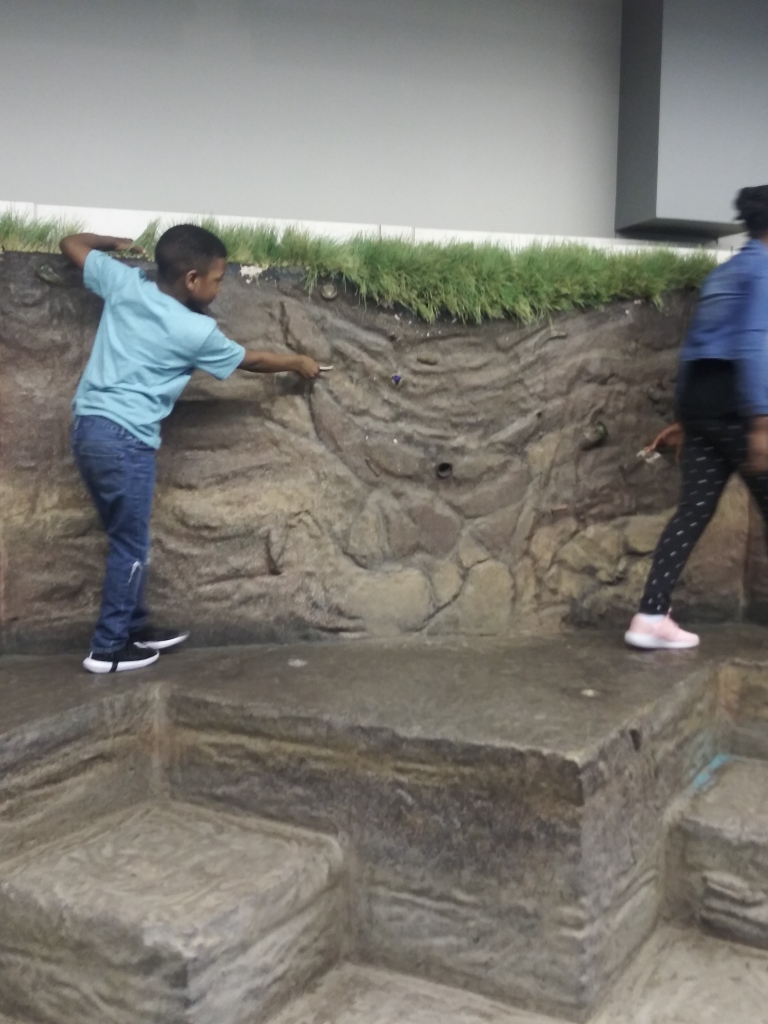Heaven F.
The visit to the Seattle Aquarium wasn’t just a day filled with awe and the joy of seeing sea life; it was a rich, educational experience that aligns perfectly with the flexibility and depth of homeschool learning. As a homeschooler, this trip served as an interactive extension of our biology curriculum, bringing to life the intricate details of marine ecosystems that we had pored over in textbooks.
In the tactile experience of feeling the different textures of sea anemones and the spiny touch of a sea urchin, there was a hands-on lesson in marine biology and anatomy. Observing the behaviors of sea otters offered insights into marine mammal physiology and the adaptations these incredible creatures have evolved to survive in their environment.
The aquarium’s display on the life cycle of the salmon became a live-action study guide. As we followed the path illustrating the salmon’s journey, it provided a profound lesson in determination and the importance of environmental conservation. The sea horse exhibit, with its reversal of parenting roles, became a talking point on the diversity of life and the wonders of evolution.
Beyond biology, the aquarium visit also enriched other educational avenues. The conservation messages around the aquarium sparked discussions on ecology and environmental science, turning our attention to human impact on oceans and the importance of sustainable living. The glittering scales of the shiner perch and the dancing tendrils of moon jellyfish became a natural art class, inspiring sketches and paintings that later adorned our homeschool classroom walls.
But perhaps the most profound impact was on our appreciation for the natural world. This was not just an educational visit; it was an experience that taught us the value of curiosity and lifelong learning. It reminded us that education isn’t confined within the walls of a classroom or the pages of a textbook. It’s all around us, waiting to be discovered in places as magnificent as the Seattle Aquarium.
So, in homeschooling, field trips like this are not mere excursions; they are pivotal, immersive learning experiences that resonate with our educational philosophy. They remind us that the world is our classroom, and its lessons are infinite.
 In recent years, the escalating drug crisis in the United States has become all too visible, with opioids, fentanyl, and heroin being the primary culprits. As alarming as the statistics are, the social and psychological effects on children exposed to this crisis on a daily basis are even more concerning. Many children witness people under the influence of these drugs on their way to school, in their neighborhoods, or even in their own homes. The normalization of such behaviors can have profound effects on a child’s development.
In recent years, the escalating drug crisis in the United States has become all too visible, with opioids, fentanyl, and heroin being the primary culprits. As alarming as the statistics are, the social and psychological effects on children exposed to this crisis on a daily basis are even more concerning. Many children witness people under the influence of these drugs on their way to school, in their neighborhoods, or even in their own homes. The normalization of such behaviors can have profound effects on a child’s development.





